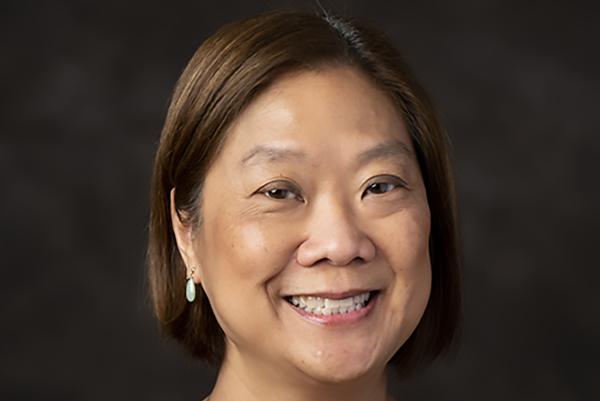-
About
- Leadership & Faculty
- News & Events
-
Academics
- Graduate
- Advanced Clinical Training
- Continuing Education
- Academic Departments
- Academic Offices
- Simulation Experiences
-
Student Life
- Offices
-
Research
-
Hospitals & Clinics
- Emergency Care
- Hospital Services
-
Community Outreach
- Volunteer
The Tenth Competency
Florina Tseng lays out the set of numbers like playing cards.

Florina Tseng lays out the set of numbers like playing cards. The co-director and teacher of a new Diversity and Professional Perspectives (DPP) course for Cummings School students says, “When it comes to why we needed this class, these speak for themselves.” In the U.S.:
- 92.9% of veterinarians are white1
- 71% of veterinary students are white2
- 4.4% of veterinary school applicants are black, with only 2.5% accepted into programs2
- 70% of this 2.5% population attends Tuskegee University in Alabama2
However, reports aren’t needed to know that pet and animal owners in the U.S. aren’t limited to the white population; that the more exposure and education the public has, the better odds the veterinary profession has in bringing in diverse talent; and that the more exposure and education Cummings students have, the better health care professionals they’ll be.
“We strongly believe this foundational knowledge is needed for our students in school and beyond,” adds Tseng, a professor and Associate Dean for Diversity, Inclusion, Equity, and Climate at Cummings. “We want them to be aware of the issues and have the tools to effectively communicate in any community.”
Currently, students are required to master nine professional competencies. With DPP on the syllabus, diversity, equity, and inclusion (DEI) may soon become their tenth. The approach comes from Tseng’s work with DEI educators from the veterinary schools within the Northeast Consortium of Colleges and Universities. The group gathered to share ideas and talk big initiatives to improve the field.
“We’re making traction for BIPOC students compared to 20, 30 years ago,” Tseng says, “but there is so much more we can do.” Implicit bias, allyship, and how to conduct difficult social conversations are also included in the course. “Students are going to be working with the public, and each person will have their own background and expectations. It’s an important piece in the education.”
The goal of DPP is to build with each successive year; right now, first- and second-year students are required to take the course, with plans in development for third- and fourth-year curriculum that applies to the clinical setting. An anonymous poll allows students to share honest feedback to shape the course’s efficacy.
“Having something like this in my student days would have opened my eyes so much earlier,” Tseng says. “Thankfully, today’s students embrace this knowledge.”
1 2018 report by the Bureau of Labor Statistics
2 20XX report by the Association of American Veterinary Colleges